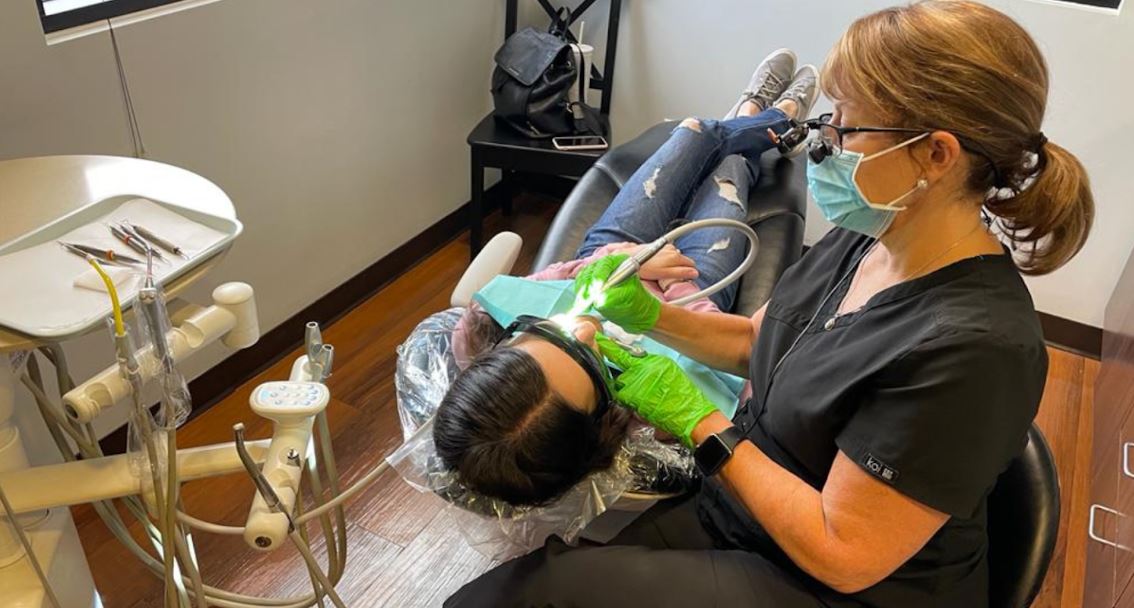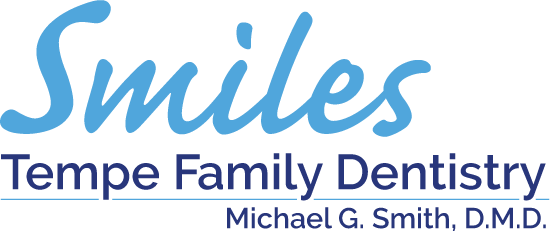
Pros and Cons of Ultrasonic Denture Cleaners
Dentures are an essential part of life for many people, but keeping them clean can be a challenge. One popular option for cleaning dentures is the use of ultrasonic cleaners. These devices use high-frequency sound waves to clean and remove debris from dentures.
While ultrasonic denture cleaners have their benefits, they also have their drawbacks. In this blog post, we will explore the pros and cons of ultrasonic denture cleaners, so you can make an informed decision about whether or not they are the right choice for you.
Ultrasonic Denture Cleaner: The Basics
Ultrasonic cleaners are a form of vibrating water bath. The motion of the liquid in its tank is created by a high-frequency transducer that produces microbubbles within the bath’s solution, which disrupt particles formed on the surface of your dentures. The unique part about using one of these devices is that the vibrating solution accomplishes denture cleansing at a microscopic level, removing stains and plaque at their inception.
Ultrasonic Denture Cleaner: Pros
Research presented in the Journal of Applied Oral Science suggests that using an ultrasonic denture cleaner is not a replacement for manual brushing. However, combining multiple cleaning modalities increases the opportunity for a more thorough removal of bacteria and debris from your dentures.
- Effective Cleaning Method
Using an ultrasonic unit can be particularly beneficial for elderly denture patients or someone who has problems with dexterity and may not be able to adequately clean their dentures with brushing alone. However, brushing remains the best way to remove larger, more visible particles.
- Easy to Use
Most in-home ultrasonic denture cleaners typically have timers that allow the device to run for 3 to 6 minutes before shutting off automatically. Running one cycle is generally sufficient to loosen debris and bacterial biofilm enough to effectively brush it away. Using an ultrasonic cleaner means following the recommendations provided by your specific device’s manufacturer for the best results.
Ultrasonic Denture Cleaner: Cons
How to clean dentures with an ultrasonic cleaner is not a set-it-and-forget-it method. There are additional steps to consider if you plan to incorporate an ultrasonic cleaner into your home denture care routine.
- Not a Comprehensive Cleaning Method
An ultrasonic bath dislodges debris and microorganisms from your dental appliances at a level where a brush’s bristles have minimal effect, especially if there are pits and services in the denture acrylic. Although the use of one of these units acts as an additional aid to denture cleaning, it doesn’t replace the need for the scrubbing action provided by a soft-bristle brush with soap and water.
- Expensive
While the $30 to $80 price range may not seem terribly expensive, understand that these units are not of professional quality. They may suffer from moisture and corrosion problems and degrade in efficiency over time, requiring the unit to be replaced regularly. Expect to replace most consumer units every one to two years.
There are durable professional-grade ultrasonic denture cleaners that are available to the public. However, these typically come with a hefty price tag starting at $500 and up, which is not practical for most denture wearers.
Not as Effective as Professional Cleaning
Home care products, including ultrasonic denture cleaners, work well as an adjunct to help keep your dentures in top condition. However, when plaque and biofilm are not fully removed from dentures every day, tartar will form that cannot be brushed away.
Hard deposits and stains that accumulate on your dental appliances mean it’s time to summon the help of a dental professional who can eliminate tartar buildup, polish, and restore the surface of your dentures so that they are more easily cleaned in the future.
